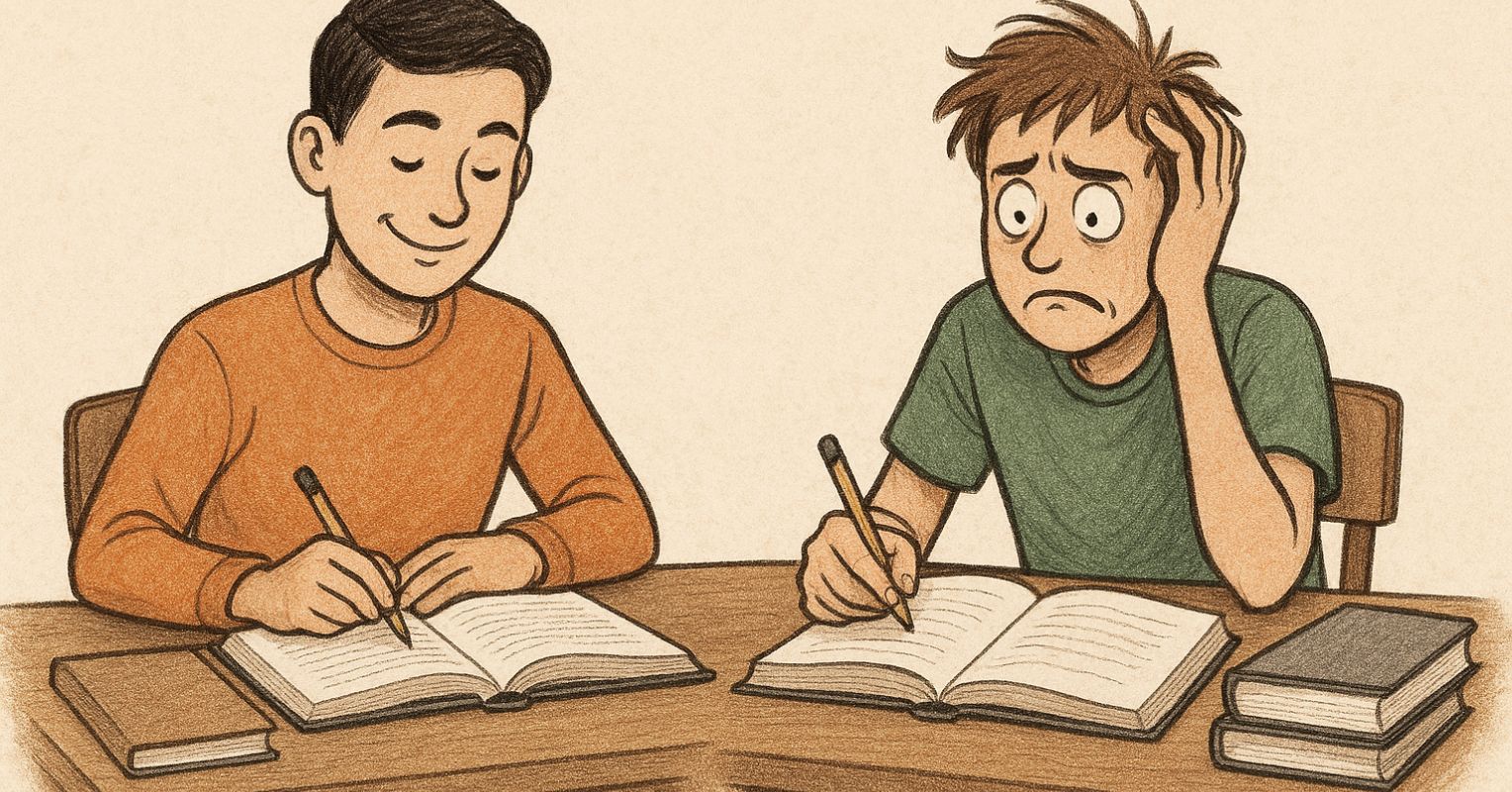
"You find out about new products, get new responsibilities at work, or develop a new hobby that involves a whole domain of additional facts and abilities. To learn new things, you have to decide what information to focus on to help you remember it later. Ideally, you would devote more time and effort to things you haven't learned yet rather than rehashing things you already know."
"For a long time, psychologists assumed that the best learners are the ones who are most accurate in their metacognition about what they have learned. They used a task called a judgment of learning to determine what people believe they have learned after studying something new. Essentially, after studying an item, people would assess whether they thought they would remember it later. Then, they would compare these judgments to whether people remembered the items later."
Metacognition is the capacity to think about one's own thinking. Judgments of learning are assessments made after studying that estimate whether an item will be remembered later. These judgments guide allocation of study time toward unlearned material and away from known material. Measuring judgments of learning requires comparing item-level confidence to later recall rather than recognition. Ideal comparisons assess people’s ability to produce the studied information on recall tests. Historically, accuracy in metacognitive judgments was seen as beneficial. However, some inaccuracies in judgments can promote more effective study allocation and thereby enhance learning outcomes.
Read at Psychology Today
Unable to calculate read time
Collection
[
|
...
]